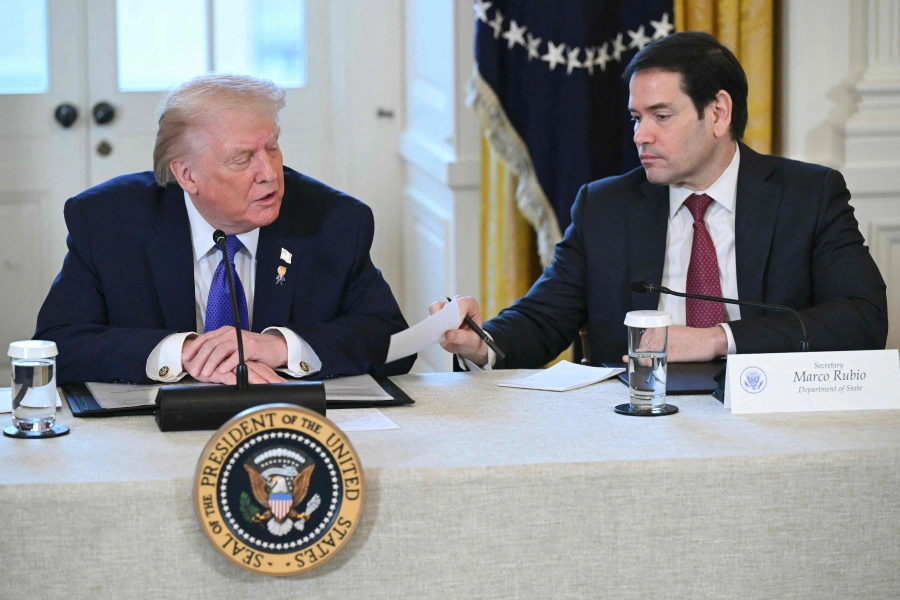The annual press freedom report by several media-related bodies, including the Federation of Nepali Journalists (FNJ) and Freedom Forum, paints a deeply troubling picture of the state of press freedom in Nepal. With over 68 documented incidents of press freedom violations affecting more than 150 journalists and several media outlets between May 1, 2024, and April 30, 2025, Nepal appears to be witnessing a sharp erosion of one of the main pillars of its democracy. What is even more alarming is the increasing number of press freedom violations, despite repeated pledges by political leaders across parties to protect the constitutionally enshrined freedom of the press. The past year was marked by the tragic killings of two journalists—Suresh Rajak and Suresh Bhul. Rajak’s death, in particular, was horrifying; he was burnt alive while covering a pro-monarchy protest in the Tinkune area—at the heart of the capital. This case is a chilling reminder of the threats journalists face for simply doing their jobs. During the protest on March 28, several other journalists were also assaulted, and the offices and vehicles of major news outlets were targeted. These coordinated attacks highlight the severity of the threats facing the media and media personnel in the country. The government’s inaction in investigating these crimes is equally disturbing. The murder of Suresh Bhul in Dhangadhi, shrouded in ambiguity and neglect, reflects the growing culture of impunity. The lack of response from the government when journalists are killed or threatened for exposing corruption, reporting on crime, or covering political events sends a clear message: press freedom is expendable. It is high time the government took the necessary measures to ensure that press freedom is protected—not just for its own reputation, but also for the health of the country’s fledgling democracy.
The findings of Freedom Forum’s report show that political actors and their cadres are responsible for a significant number of violations, followed by government employees and even businesspeople. Journalists—especially those working at the local level—are increasingly vulnerable when reporting on issues that challenge the interests of those in power and other influential groups. While journalists face growing threats in carrying out their professional duties due to the lack of proper legal protections, legislative inertia continues to stall much-needed reforms. Although the Media Council Bill has finally reached the House of Representatives, other vital legal frameworks remain frozen. There is uncertainty over when there will be a breakthrough in these legislations. This inordinate delay is inexcusable, particularly as the media landscape undergoes rapid transformation. Over 5,000 online platforms now operate in Nepal, yet regulation, training, and support systems have failed to keep pace. The rise of disinformation, misinformation and media co-option as highlighted by the report is further eroding public trust in journalism. Another disturbing trend is that politicians and influencers routinely discredit journalists to promote their own interests. As the evolution of Artificial Intelligence (AI) tools adds another layer of complexity to the media landscape, the concerned government bodies must develop safeguards that protect journalistic integrity.
Freedom of press means freedom in country: NC General Secretary...

As the country marked World Press Freedom Day on Saturday, the government, civil society, media houses, and political parties must recognize that press freedom is non-negotiable. It is foundational to a democratic society. The government, along with relevant stakeholders, must take several urgent measures to safeguard press freedom, creating an environment where journalists can do their duty without fear or favor. First, the physical safety of journalists—especially during high-risk reporting assignments such as protests and crime coverage—must be ensured, with law enforcement agencies clearly mandated to protect rather than target members of the press. Second, the culture of impunity must end through thorough investigation and prosecution of crimes against journalists. Failure to bring those responsible to justice only deepens the erosion of press freedom. It is equally important for the government to swiftly enact integrated digital and mass communication legislation that reflects the realities of Nepal’s evolving media landscape. Sustained investment is needed in journalist training and resilience—particularly in digital tools and AI—alongside the development of sustainable models for ethical reporting. A concerted effort to foster accountability among political and public actors—where any form of press intimidation is met with clear condemnation and concrete consequences—is also essential. A free and independent press is not only a watchdog of democracy but also a bulwark against authoritarian drift. It is now up to the government and all democratic institutions to act with conviction and urgency to safeguard press freedom.





































